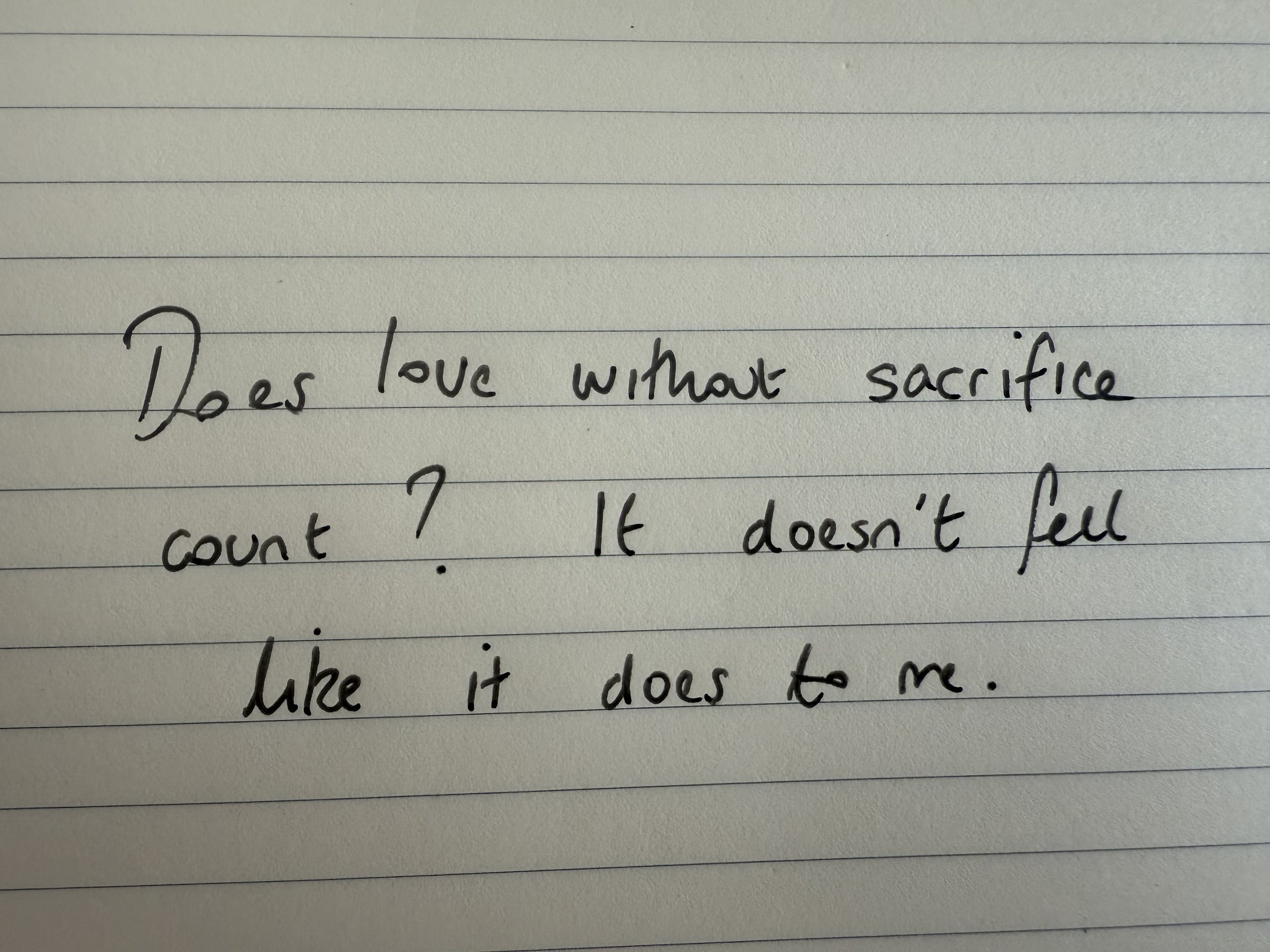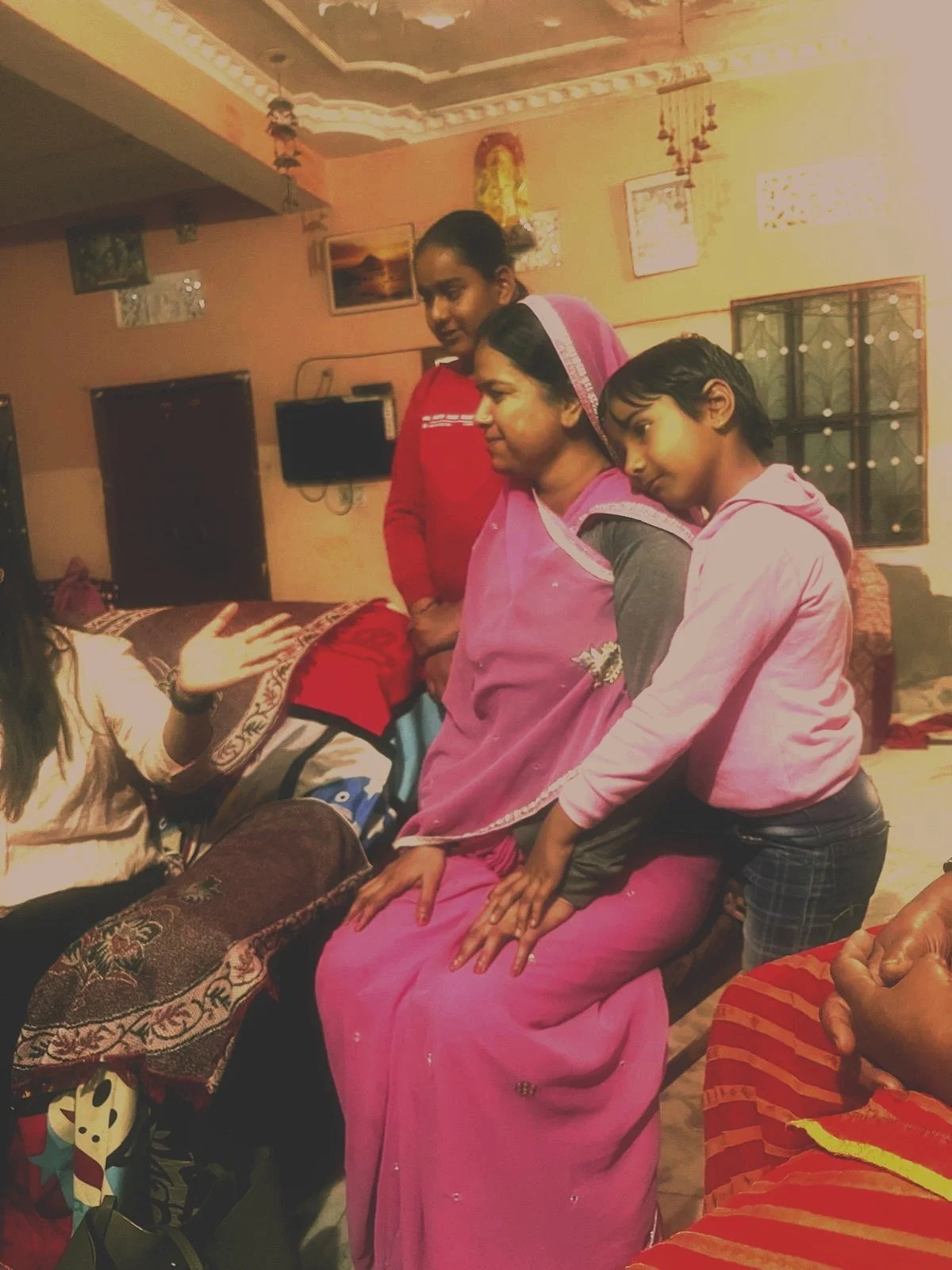The Psychology of Sacrifice
Why Middle-Class Parents Are Buckling Under the Weight of Aspiration
The Confidence Gap I Didn’t Expect
When I visited India earlier this year, I didn’t expect to be thinking about school fees. But there I was - in the joyful, noisy chaos of a crammed, multigenerational home - quietly spiralling. The children I met, though they had little, carried a calm certainty that life would be better for them than it had been for their parents. That intergenerational optimism caught me off guard.
Back home in Brighton, on the school run, I looked at my twin daughters in the rear-view mirror - funny, bright, emotionally fragile in that way only preteens can be - and wondered: Do they feel that same confidence? Do I?
The High-Cost Bet on Education
Like many middle-class professional parents in Britain, I’m clinging with white-knuckle intensity to a version of the “good life” that places a big bet on education. My daughters attend an exceptional - and exceptionally expensive - private school. I’ve calculated (and re-calculated) the cost of getting them through to the end. The number is enormous.
By day, I research investments in emerging markets; by night, I’m training to become a psychotherapist. My wife, a dental nurse, is returning to work to contribute. By most measures, we’re incredibly fortunate. But the psychological load of this carefully constructed future is heavy.
When Psychology Meets Parenting
There’s a well-known concept in psychology called the sunk cost fallacy - the tendency to keep pouring resources into something simply because we’ve already invested so much. Private education, for many of us, is exactly this kind of emotional investment. Once committed, we structure our lives around it, work harder, stretch thinner, and swallow mounting anxiety - all while clinging to the belief that it must be worth it.
Beneath the spreadsheets lies another trap: the control fallacy - the belief that we are either entirely responsible for everything or utterly powerless. In an uncertain world, private education becomes more than a service. It becomes the seductive illusion that enough sacrifice will protect our children from the chaos.
The Cost Beneath the Cost
The reality is that my daughters are receiving an outstanding education. One of them recently developed a life-altering disability and had to relearn how to write. The compassion and individual care she’s received have been extraordinary.
But this isn’t about the virtues of small class sizes. It’s about parents who appear to “have it all” but are quietly unravelling under the emotional and financial weight of securing their children’s future in a world that feels less secure by the day.
Naming the Contradictions
I want to name the contradictions many of us carry:
Wanting to give our children every opportunity, yet resenting the performance treadmill it creates.
Believing good parenting means over-functioning.
Fearing that pulling back would be selfish.
Knowing that social mobility has stalled - and wondering what happens if we fall.
I want to believe my daughters will grow into a brighter future. And I know that will depend less on the school named on their UCAS form and more on whether they’ve seen joy, resilience, and a sense of “enoughness” modelled both at school but more importantly at home.
Stepping Off the Treadmill
Belief is one thing; behaviour is another. Despite retraining as a psychotherapist, I’m still on the treadmill. Still calculating. Still clinging.
Maybe the most valuable thing I can do now is step off. And start saving - not just for their education, but for the therapy they might one day need to recover from my parenting.
Photograph from Jaipur, India February 2025


